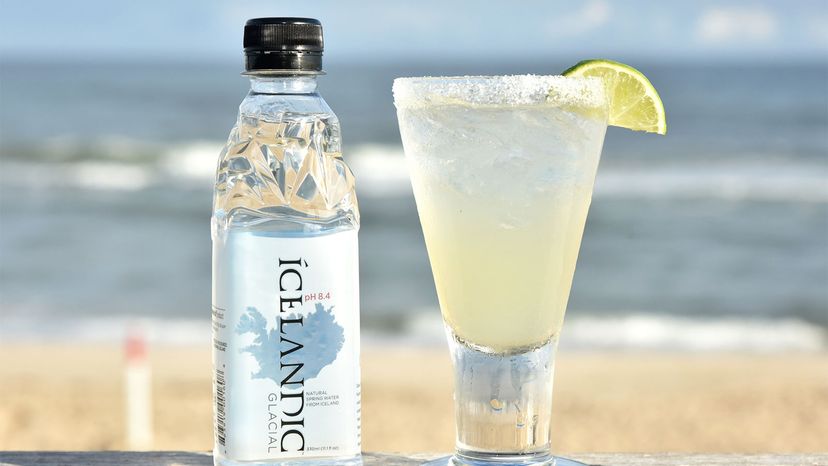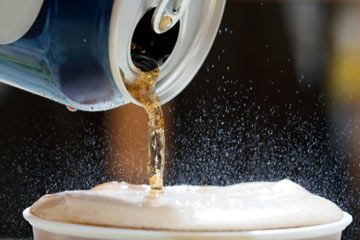
As consumer preferences veer toward more natural ingredients in their foods and beverages, diet soda sales are dropping. In place of soda, carbonated waters, like seltzer water, are tingling ever more tongues – Americans are buying three times as much of the stuff as they did a decade ago. And although there are plenty of reasons to give up the artificial sweeteners in diet soda, could all those bubbles be potentially bad for us, too?
First, let's sip on a bit of carbonated water lingo. Sparkling water is a type of mineral water that's bottled at the source (think brands like Perrier). The minerals in them are naturally occurring, and the carbonation might be, too, although some manufacturers might add bubbles for more zip. Seltzer water's biting bubbles are all created artificially, but they have no other added ingredients save for natural flavorings of some sort (which has created intermittent uproar in recent years — as La Croix can tell you).
Advertisement
Then there are the offshoots of carbonated water that have added ingredients. Club soda is seltzer water, but with added minerals and sodium, potentially table salt or even baking soda, both of which reduce acidity and conjure a flavor that for many drinkers is more reminiscent of natural spring water. Tonic water is altogether another entity, typically loaded with high fructose corn syrup and a dash of quinine, making it more reminiscent of soda than seltzer.
All of these waters owe their existence to an 18th-century English preacher named Joseph Priestly who created a technique that forced carbon dioxide into regular flat water. When held under pressure, the bubbles remained indefinitely, until the drinker finally enjoyed the refreshing tingle of carbonation on his or her tongue.
Priestly erroneously touted his revolutionary drink as a way for sailors to beat back the effects of scurvy during long voyages, and even rigged up a portable system that allowed them to create carbonated water on board ships and on demand. Are modern health-conscious consumers mistakenly believing similar health benefits of seltzers and their kin?
Advertisement


